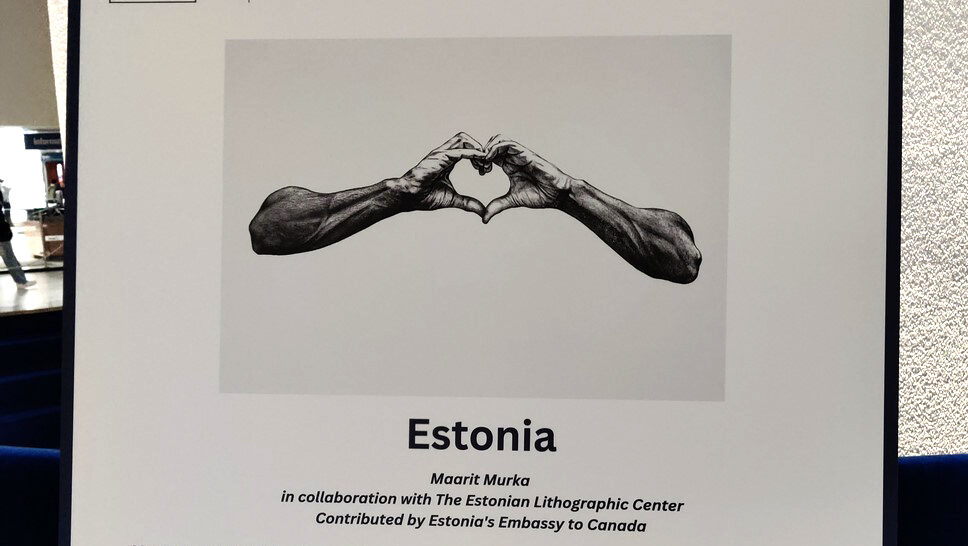Dimitri Moronov, director of Katarina College (Russian language) has had a similar observation: “The best measure of loyalty is citizenship. In obtaining citizenship one is obliged to swear loyalty to the state.”
Tulviste says that the constant vigilance of Estonians about the loyalty of non-Estonians could be substantially lessened if the Russian leadership in Estonia acknowledged the realities of the war and post-war period, rejected the attempts by Moscow to manipulate historical truth and told the Kremlin that their is no reason to interfere in Estonia's domestic affairs.
It's been often observed that many Russian officials and politicians have urged Russian groupings in Estonia not to vote for or help organize Russian political parties. They have suggested that votes for such parties would be wasted, especially in the complicated Estonian electoral system. It would be more effective if Russians in Estonia supported the Centre Party, since their promotion of populist issues are generally in line with Russian interests and ambitions.
Centre Party politician Eduard Toman, an Estonian born in Ukraine and for years the artistic director of the Russian theatre in Estonia, insists that Russian political parties are unnecessary, since they reinforce the notion of separateness.
In commenting on the attraction of the Centre Party for Russians in Estonia, Tulviste has suggested that in cultures where democracy has not yet progressed, such as the Russian social-political culture, the image of a domineering leader plays a much more important role in attracting members than political ideals or party program. “I can't imagine that Mart Laar would fulfill the role of a father-figure, whereas Edgar Savisaar would be suitable for many,” he added.
Moscow's aim of enhancing their political clout through Estonia's political process is just one way of attempting to gain their influence goals. Recently the Russian Compatriots Co-ordination Council has been discussing a plan to win a court injunction to stop the annual gathering of Estonian war veterans commemorating the last battles against the Red Army in 1944 in the eastern Estonian Sinimägedes. The Co-ordination Council has been identified by the Estonian Security Police as a Russian organization based in Estonia that is a direct conduit for initiating actions in Estonia. The Sinimägede battles, one of the most costly in human casualties, are recognized by Estonian veterans and to practically all Estonians as the last defensive battles against the second Soviet takeover of Estonia and the inevitable repression that would ensue. To the Soviets and to Russia the battles represent the misguided attempt by Fascists to prevent the “liberation” of Estonia by the Red Army.
Is the starkly different interpretations of events surrounding WWII and its aftermath a basis for measuring the possible differences in personal and group allegiance? Are some people more vulnerable to foreign influences because of a differences in perception of nation's historical legend? In Estonia's case is there room for divided allegiance? Comprehensive, statistically valid studies are missing on these questions.
A person can't be expected to be loyal to something or someone who is working against their personal interests or who asks then to go against their personal integrity, values or morals. It requires the person who is to offer his/hers blind loyalty to a foreign master, to reject, set aside or ignore their personal beliefs and ethics and replace them with others. Such expectations of unwavering loyalty results in a loss of self.
From a legal viewpoint, treason is the crime that refers to more serious acts of disloyalty to one' sovereign or nation. Patriotism is loyalty and/or devotion to one's nation or country. A true nation is a body of people who identify with a common history, culture, language or ethnic origin, who typically inhabit a particular country or territory.
Estonia is a nation of disagreeing patriots. Estonians tolerate a great deal and stand together even when they disagree. But there is one thing that they will never tolerate, one thing that ignites the fighter in Estonians. That's tyranny.
Laas Leivat




